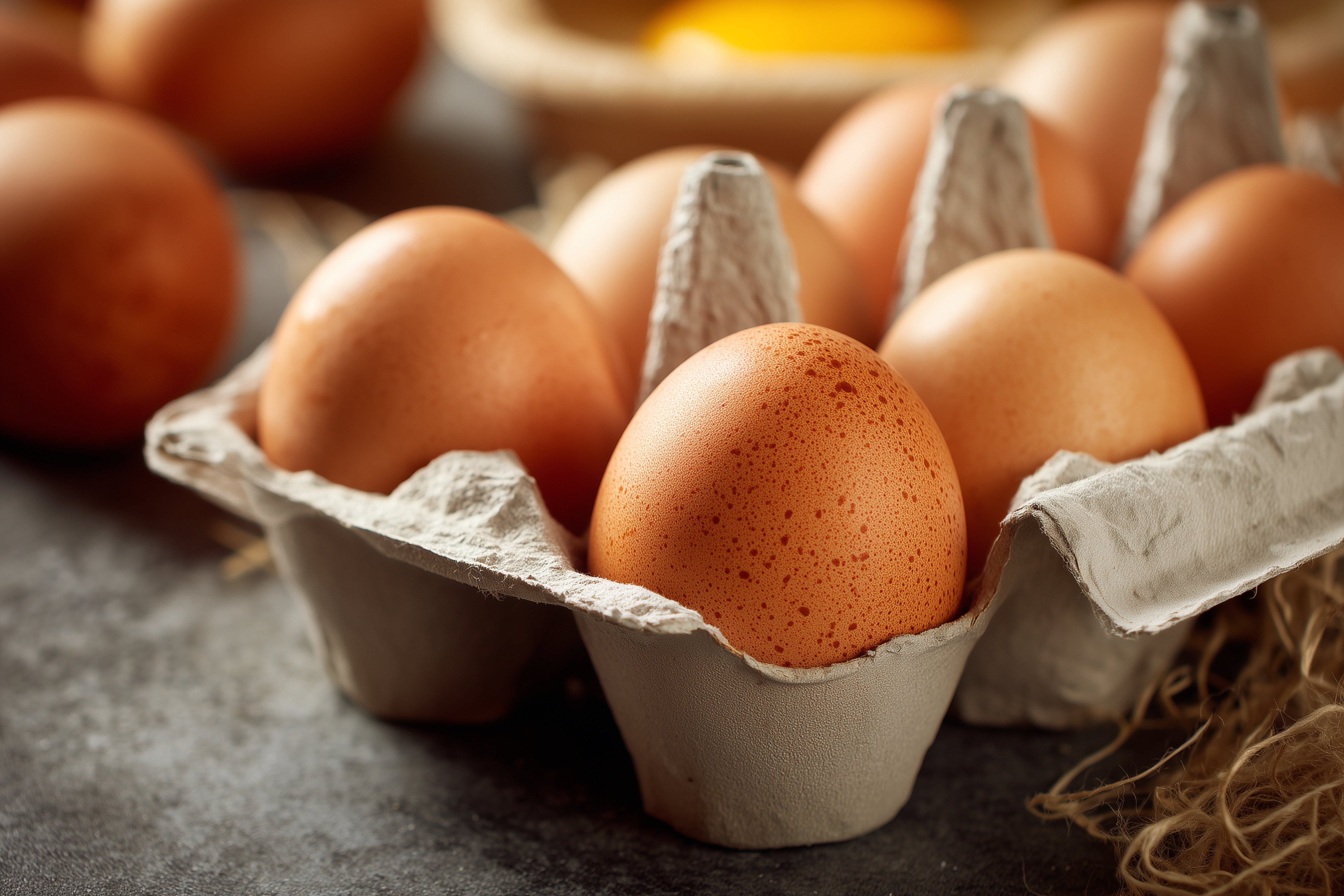
If you’re in the business of burgers, you’ll know that the humble patty is no longer just about meat and seasoning. It’s now a high-tech product shaped by robotics, AI, and precision engineering. From automated stacking systems to collagen fibre orientation, the burger is getting a serious upgrade.
Here we take a look at some of the latest innovations transforming the burger sector.
Precision patty engineering
The science behind the perfect burger is getting more sophisticated. Marel’s burger processing tech focuses on collagen fibre orientation, grind size, and air retention to optimise texture and juiciness. Using their Revo FiberFlex technology, they are able to control vertical fibre alignment to achieve various burger styles having differing mouthfeel and reduced shrinkage during cooking. And their patented RevoPortioner technology is used to form burgers at low pressure to retain the texture of the meat and to ensure uniformity in shape and weight. This helps ensure consistent quality and controls costs.
AI inspection technologies
AI vision inspection systems are increasingly being used to detect variations in product features with high accuracy. These AI-driven systems can address the challenge of manual inspection at full production speeds allowing deviations in patty shape/size to be recognised as soon as they occur so that remedial action can be taken to establish consistency. This help minimise waste in defective patties and thus reduce costs.
These AI inspection systems are also being used to detect foreign bodies that may not be picked up by the X-ray/metal detection systems currently used. For example, AI inspection technology can be used to detect less dense foreign material such as paper and plastic in real time and with high accuracy thus helping companies avoid costly product recalls.
Robotics revolution
Automation is now the backbone of modern burger factories. Companies like Tri-Mach have reduced labour requirements from 30 people down to just 4 by deploying robotic systems that autonomously grab, stack, and pack patties. Their latest line handles 6.4 million patties a day, with integrated elevator tech to maximise space efficiency.
ABB’s BurgerBots system is setting a new benchmark in robotic burger assembly. Using the IRB 360 FlexPicker® and YuMi® cobot, burgers are built in just 27 seconds. The FlexPicker ® uses QR-coded conveyors to guide topping selection whilst the YuMi ® cobot deals with the final assembly.
And developments in robotics have even allowed Miso Robotics to develop a fully autonomous burger restaurant where a robotic system grinds and forms fresh Wagyu beef patties in response to placing an AI-driven robotic order and then automatically grills them – the whole process taking about 185 seconds.
The need for patent protection
With all this innovation, there’s a growing need to protect proprietary systems, methods, and machinery used in burger production. Whether it’s a novel forming technique, a robotic assembly process, or a smart packaging solution, patents can help secure a competitive edge.
If you’re developing new burger tech – or adapting existing systems in useful ways – get in touch with our team today to explore your options for protecting your ideas.
Rachel is a member of our engineering and chemistry & materials patent teams and has experience working in a number of industry sectors including transport, Medtech, food & beverage, industrial chemistry, mechanical & structural engineering and Cleantech. Rachel deals mainly with original drafting, prosecution, opposition and opinion work. Her clients include British universities, UK-based SMEs, domestic and overseas corporations.
Email: rachel.oxley@mewburn.com
Sign up to our newsletter: Forward - news, insights and features
Our people
Our IP specialists work at all stage of the IP life cycle and provide strategic advice about patent, trade mark and registered designs, as well as any IP-related disputes and legal and commercial requirements.
Our peopleContact Us
We have an easily-accessible office in central London, as well as a number of regional offices throughout the UK and an office in Munich, Germany. We’d love to hear from you, so please get in touch.
Get in touch/RACHEL%20OXLEY2-1-1.png?width=100&height=100&name=RACHEL%20OXLEY2-1-1.png)

-1.png)